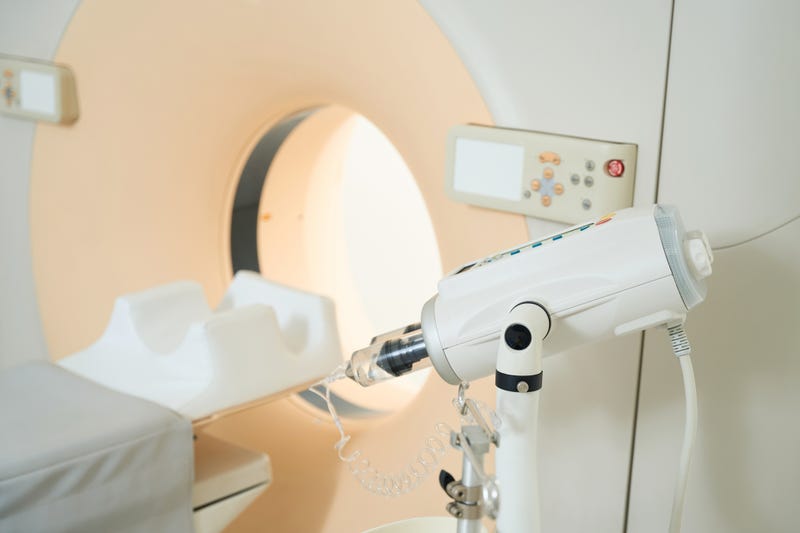
Artificial Intelligence has become a frequent headline topic recently, especially since the release of ChatGPT in November. Apart from its applications in art and communication, scientists also hope A.I. can help cancer patients.
This January, researchers released a study about Sybil, an artificial intelligence tool developed to detect for cancer on low-dose chest computed tomography scans.
“Sybil can accurately predict an individual's future lung cancer risk from a single LDCT scan to further enable personalized screening,” the study found. “Future study is required to understand Sybil's clinical applications.”
According to a press release from Massachusetts General Hospital, “as rates of lung cancer climb among non-smokers, new strategies are needed to screen and accurately predict lung cancer risk across a wider population,” and Sybil could be a way to screen large populations.
“Sybil requires only one LDCT and does not depend on clinical data or radiologist annotations,” explained study co-author Florian Fintelmann, MD, of the Department of Radiology, Division of Thoracic Imaging & Intervention at Massachusetts General Hospital. “It was designed to run in real-time in the background of a standard radiology reading station which enables point-of care clinical decision support.”
He said that the future of radiology will likely include AI assistance, according to a Tuesday report from NBC News. Already, there have been cases where the model has “detected signs of cancers that radiologists did not detect until nodules were visible on a CT scan years later,” said the report.
“You will still need a radiologist to identify where the cancer is, identify the best possible treatment and actually do the treatment,” Fintelmann added.
Per NBC, Sybil is not yet approved by the Food and Drug Administration for use outside clinical trials, but if approved, it could play a unique role. Additionally, Sybil’s developers acknowledged that data used to train it doesn’t have “sufficient Black or Hispanic patients to have confidence in broad applicability yet.”
U.S. participants in the study were 92% white, according to Massachusetts General.
“Future studies will be needed to determine if Sybil can accurately predict lung cancer among diverse populations,” it said. Going forward, researchers are working on “a prospective clinical trial to put Sybil to test in the real world and understand how it complements the work of radiologists,” the hospital said in January.
“An exciting next step in the research will be testing Sybil prospectively on people at risk for lung cancer who have not smoked or who quit decades ago,” said study co-author Lecia V. Sequist, a medical oncologist, lung cancer expert, and director of the Center for Innovation in Early Cancer Detection at MGH. “I treat such patients every day in my lung cancer clinic and it’s understandably hard for them to reconcile that they would not have been candidates to undergo screening. Perhaps that will change in the future.”
LISTEN on the Audacy App
Sign up and follow Audacy
Facebook | Twitter | Instagram
